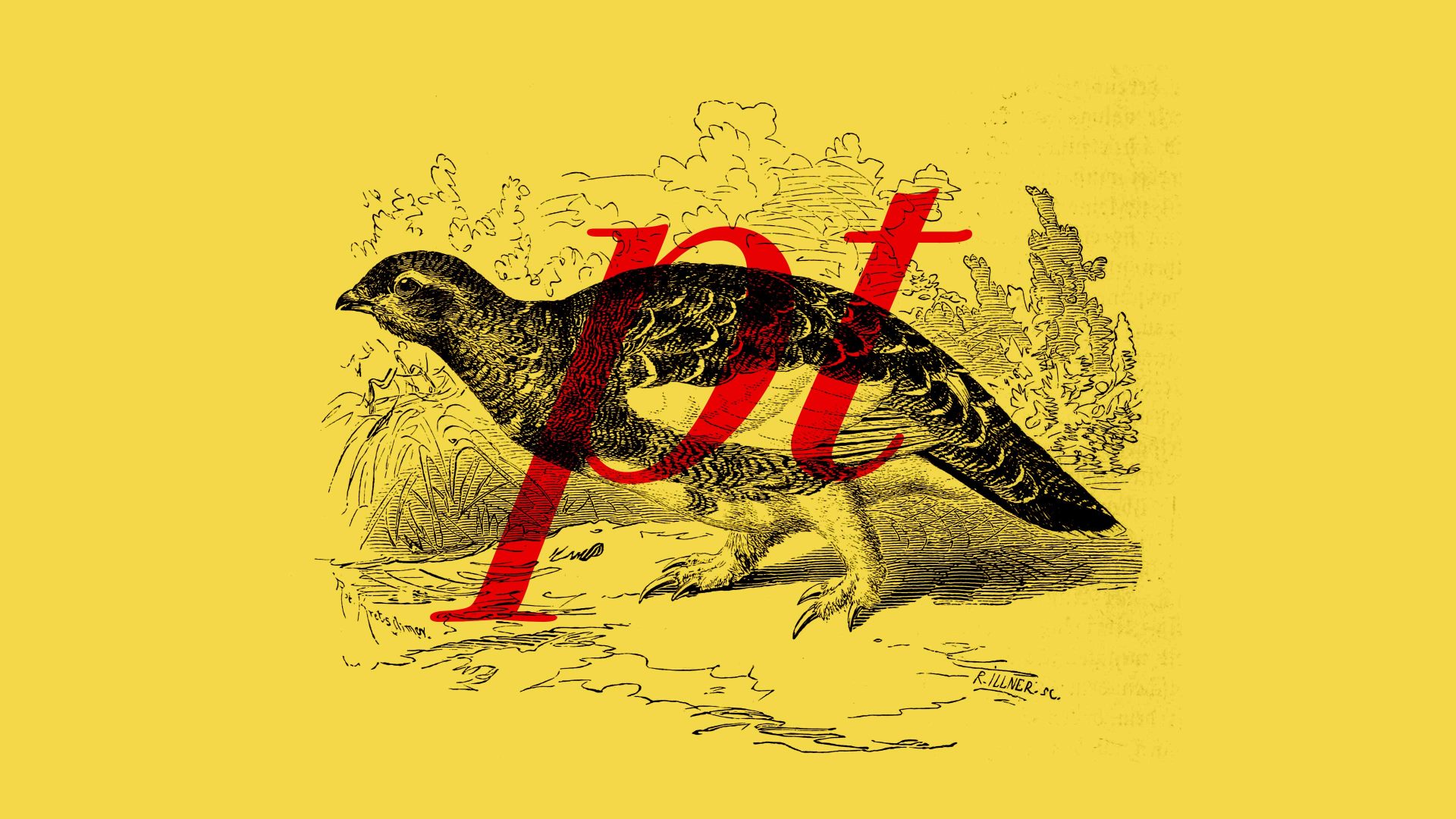I have written before about phonotactics, which is the study of the combinations and sequences of vowels and consonants which are permitted to occur in a particular language. In Polish, words can begin with dl-: the word dla means “for”. English also has both d and l sounds but, unlike in Polish, they cannot occur together at the beginning of a word. If you invented a new cleaning product in Britain, you might decide to call it Blam, but you would certainly not call it Dlam, because that is not a possible English word.
Phonotactics can cause problems for people trying to use words from a foreign language. The Czech name Dvorak is often pronounced by English speakers without the d or with an extra vowel before the v.
Similarly, English does not generally have words which begin with pt-, though there are exceptions. Pterodactyl is one of only two such words I can think of which are widely known among English speakers, though it is important to note that the pt- combination does not actually occur in English speech because people normally pronounce pterodactyl without any initial p sound.
It is also rather obviously not originally a native English word: it actually comes from Ancient Greek, which did permit initial clusters of consonants involving pt-, and where pter- meant “wing”. A pterodactyl was a type of flying dinosaur. There are also several other English words derived from Ancient Greek pter- in the dictionary, but these are likely to be known mainly only to specialists.
The second quite well-known word starting in pt- refers to another flying creature, the ptarmigan, Lagopus mutus, which is a kind of grouse and does not actually fly very much. It normally lives on rocky slopes in subarctic areas of the northern hemisphere, including the Scottish Highlands as well as the Alps and the Pyrenees. It has speckled grey-brown and white plumage, which changes in winter to white (apart from the black tail).
Although the origin of this bird’s name is a little obscure, its habitat in the Highlands of Scotland means it is not too surprising to learn that the origin does almost certainly lie in Scottish Gaelic, where the original form of the word seems to have been tàrmach, from tàrmaich “to grow, increase, gather, collect, settle”. Tàrmachan is a diminutive version of the name – just as lochan signifies “small loch”.
The first occurrence in English of the word ptarmigan spelt with an initial p dates from 1684 in a work called Scotland Illustrated by the Edinburgh-born doctor and antiquarian Professor Sir Robert Stibbard.
The interesting question is: where did that p come from – and why? The answer seems to be that it arose, first, from ignorance of Scottish Gaelic on the part of a Scottish Lowlander; in addition, and perhaps more surprisingly, it arose from insufficient or misapplied knowledge of Ancient Greek.
We can say that the spelling of ptarmigan came about by analogy with flight-related words in Ancient Greek starting with pt-, such as pterodactyl. But it was, of course, a mistaken analogy: there is no historical connection at all between Ancient Greek and the word ptarmigan. For all his erudition, Sir Robert simply imagined that.
DACTYL
The -dactyl part of the word pterodactyl comes from Ancient Greek dáktylos “digit, finger”. The English word dactyl refers to a particular metrical foot in poetry which consists of a stressed or long syllable followed by two unstressed or short ones, as with bicycle or strawberry, the meaning deriving from the fact that a human finger has one long joint and two
short ones.




